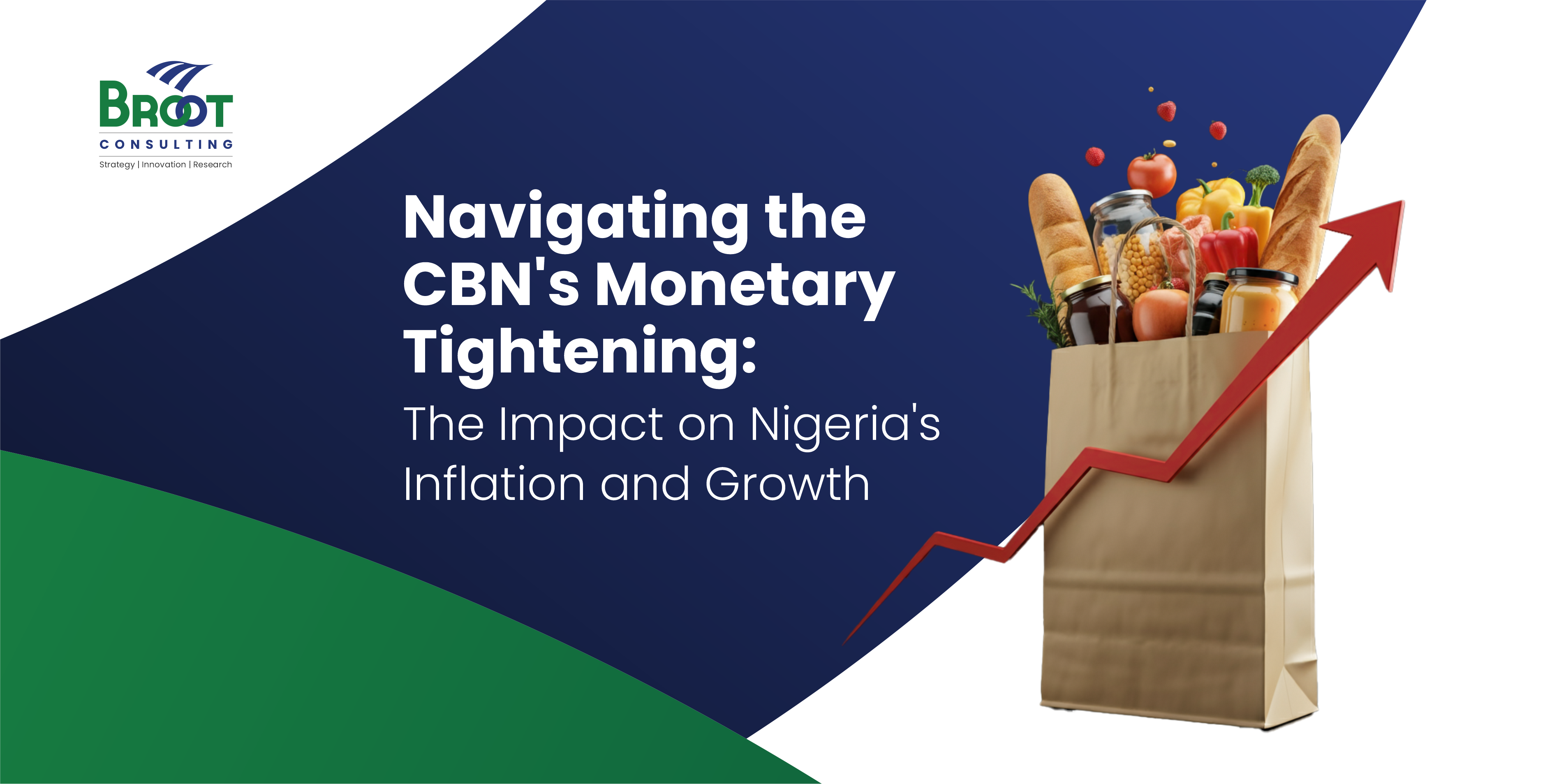It’s no secret that the Silicon Valley Bank (SVB) played a vital role in supporting the investment needs of technology companies, start-ups, venture capitalists, entrepreneurs, and the healthcare sector. Established 40 years ago (1983) by two entrepreneurs, Roger Melen and Ken Wilcox, The founders saw the need for a bank that could provide financing and other services to the burgeoning tech industry in Silicon Valley. The bank was a tech start-up’s bloodline, helping the founders realize their dreams. The company grew rapidly, and by 2000 it had become the largest tech-focused bank in the US. SVB has dutifully contributed to bringing understanding into the nascent tech sector. Unfortunately, 40 years of a seemingly super performance were lost within 48 hours. So, what went wrong?
In this article, we’ll explore the factors leading up to SVB collapse and shed some light on how it affects the ecosystem of African start-ups;
On the 8th of March 2023, the Federal Deposit Insurance Corporation (FDIC) announced the takeover of the bank to save the depositors’ funds. The closure of the bank was triggered after the CEO announced to the investing public the need to raise 2.5 billion dollars to cushion its balance sheet. He explained the difficulty in raising the fund while at the same time informing the investment community of a loss of 1.8 billion dollars. The Bank CEO may have adopted a tell-it-all approach in the name of transparency and with the hope of gaining sympathy and possibly accolades for being honest. Still, the outcome of the approach proved otherwise. The approach put a major test on the value of transparency in a hyper-sensitive sector like the financial industry. As can be seen, the approach may end up doing more harm than good, especially if the bank does not have a solid exit strategy for the loss and liquidity squeeze. Investors’ confidence is crucial for financial services; the management and board must have discretion and adopt a reasonable transparency approach to prevent sending panic to the public.
The bank CEO, Gregory Becker, communication on the state of affairs of the bank got investors panicked and eroded depositors’ confidence, who, within 48 hours, made massive withdrawals that left the bank with a cash deficit of close to One billion dollars. Before the collapse, the bank invested in long-term debt like Treasury bonds. Those investments promised steady, modest returns when interest rates remained low. However, shortsighted. The bank hadn’t considered what was happening in the broader economy; disruptions within the system resulted in significant disadvantages of investing in bonds. In the long run, the bank was caught in the lurch when the Federal Reserve, looking to combat rapid inflation, started raising interest rates. Those once-safe investments looked less attractive as newer government bonds sparked more interest.
Before its investment and after the financial crisis in 2008, the bank had already encountered some financial problems. The 2008 financial crisis hit SVB hard. The value of its loans plummeted as it was forced to take billions of dollars in write-downs. In addition, many of its clients could not repay their loans, and SVB was forced to foreclose on their businesses. Fast forward to 2023, most of SVB’s clients were start-ups and other tech-focused businesses that had trouble obtaining additional finance, a situation that was due to the pressure faced by the bank. As a result, customers started taking their deposits out of SVB, which led to the bank’s failure. That wasn’t a big deal at first, but the withdrawals forced the bank to sell its assets to meet client withdrawal needs, leading to its collapse.
The impact of the collapse on African start-ups?
SVB’s demise would have a considerable effect on the start-up ecosystem. SVB has been a prominent player in tech finance, offering venture debt capital and valuable contacts and resources to other parties and African businesses. Start-ups in Africa will probably run into a financial shortfall without urgent help, which could limit their ability to expand and succeed. Additionally, the failure of African start-ups may worsen the unemployment situation in the continent.
The specifics of the bank’s failure and the capacity of other investors and institutions to bridge the funding gap left by SVB’s withdrawal will determine the exact extent of the impact on African.
The effect on Nigeria tech start-ups
In 2022 Nigerian start-ups attracted about $1.2 billion in funding, So how significantly will SVB collapse affect the Nigerian Tech start-ups? It may be difficult to estimate this in absolute terms, but Y-Combinator’s President, Garry Tan, mentioned that “30% of YC companies exposed through SVB can’t make payroll in the next 30 days”. Y-Combinator currently has over 80 African start-ups in its portfolio. Some of the Nigerian companies that have benefitted from the Y-combinator include Flutterwave (A leading payment infrastructure company), 54 Gene (An African Genomic Research Companies), Aella (a diversified credit payment platform, Anchor (Provider of a platform for banking app developers); Bamboo (an online brokerage company that gives access to US and global securities; Cowrywise (a Fintech company, Helium Health among many other. The mentioned companies are among 80 start-ups doing very well in Nigeria and for which Y-Combinators have investment.
Urgent and well-guided intervention is required to help the startup stay afloat. Beyond the ability to meet payroll and operational needs is the fear of a massive brain drain. Which, unfortunately, has been the bane of the tech sector in Nigeria. As said in the Nigeria parlance, most young professionals want to Japa (migrate abroad). Any shake of confidence in the start-up operation may worsen talent shortages in this critical sector.
On the positive side, The collapse of SVB can force African Start-ups to look inward and source needed funds locally, especially since there appears to be growing interest in the tech sector by some of the large corporations and entrepreneurs.
The effect of the Silicon Valley Bank closure may be, in the long run, insignificant in Nigeria; the market is expected to respond favourably to some of these companies that are doing very well. The UK Prime Minister Rishi Sunak announced a swift response to SVB collapse. HSBC took over SVB UK to ensure that depositors’ and investors’ funds were not in jeopardy. While there is no visible immediate threat to any Nigerian bank, the government should respond swiftly if there is a threat to any start-ups; this is important to ensure safeguards of jobs and investment.
Nevertheless, Africa is rapidly establishing its start-up ecosystem, with countries like Nigeria, Kenya and South Africa emerging as hotspots for innovation and entrepreneurship.
.
In conclusion, it’s important to note that it is too early to determine the impact of SVB’s collapse on the African ecosystem for start-ups and FinTech companies. It’s still unclear how many are affected or how much money is at stake.





